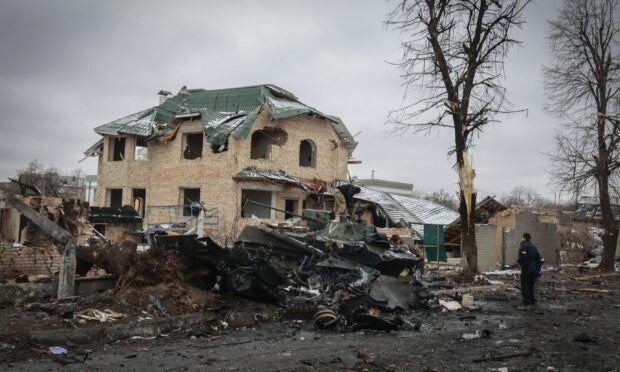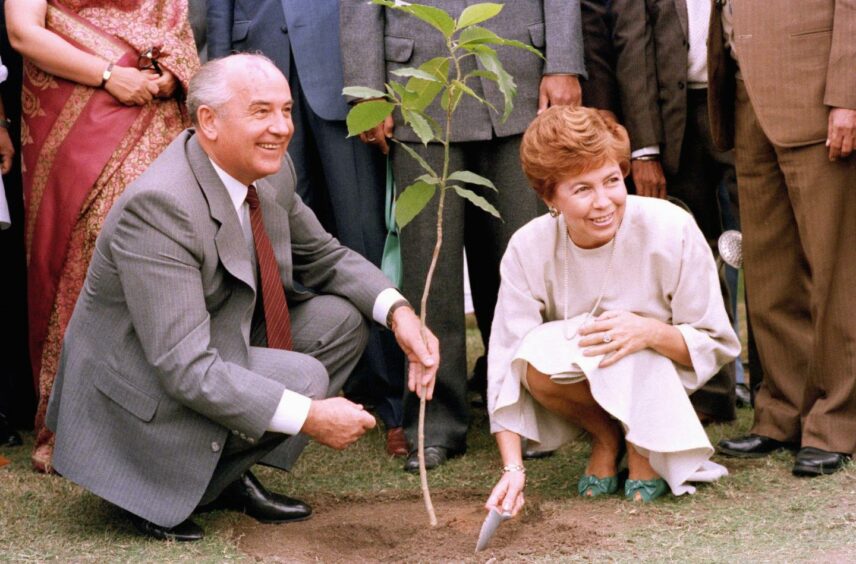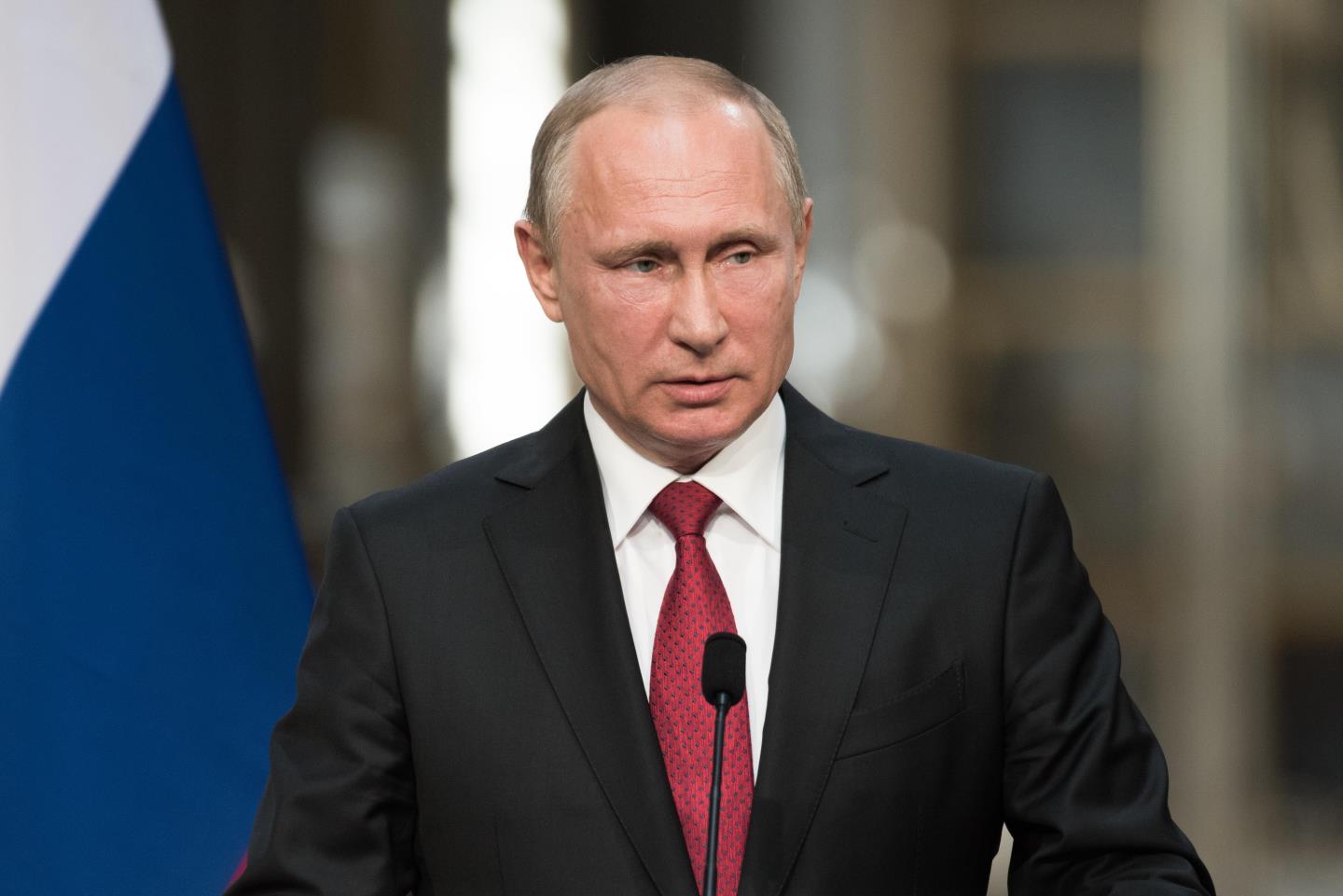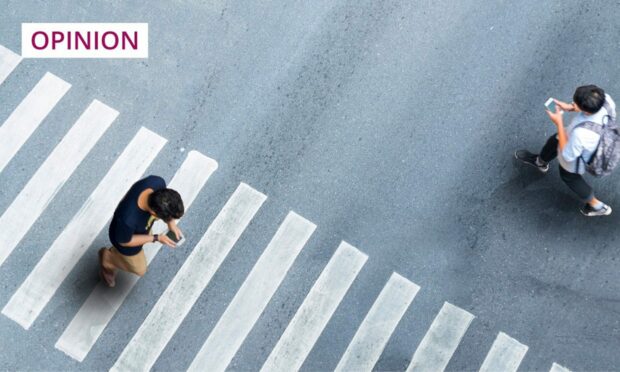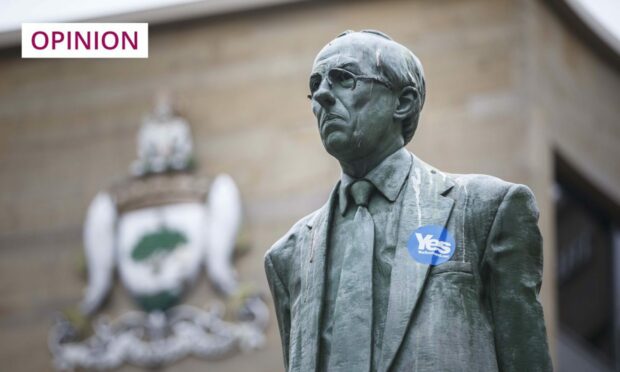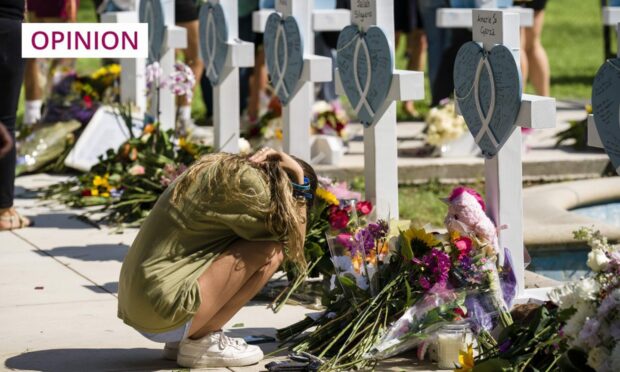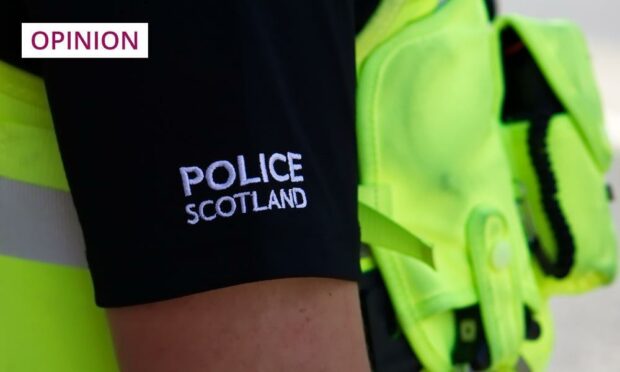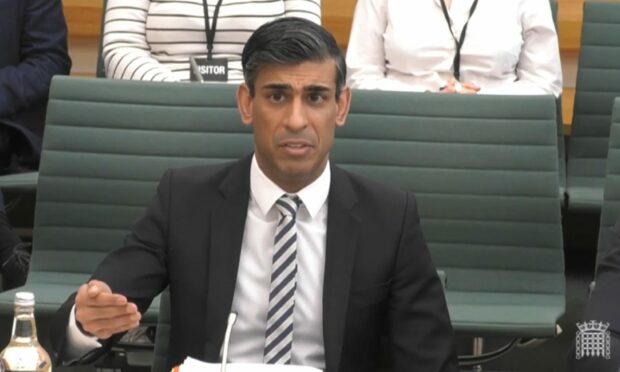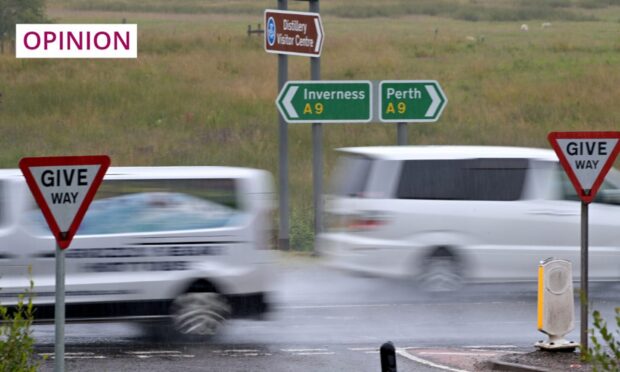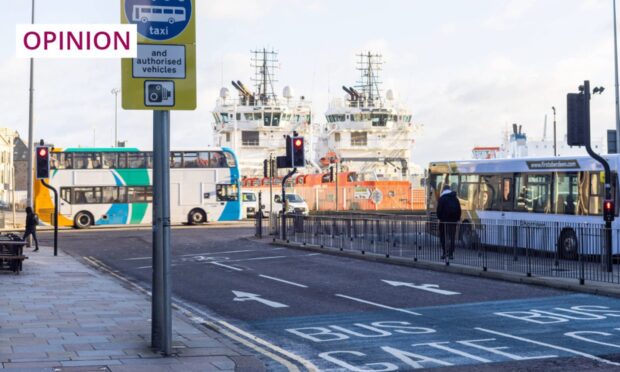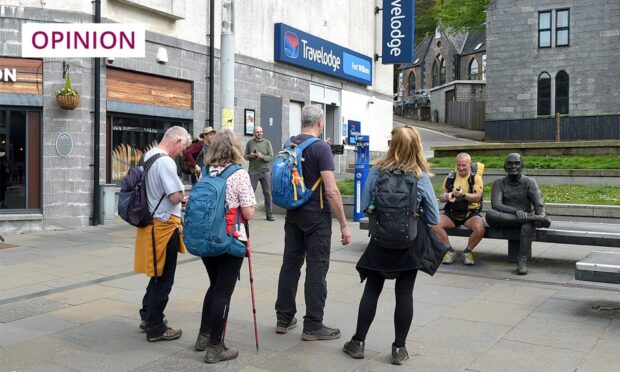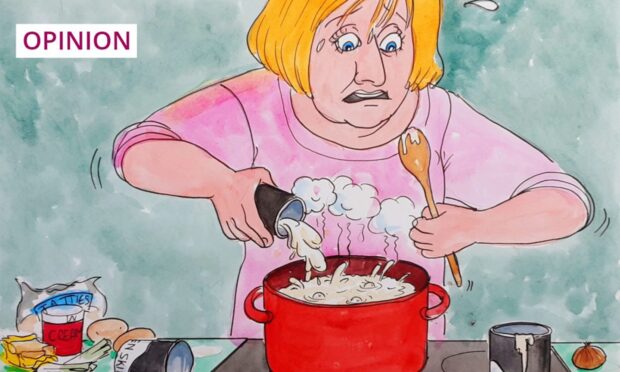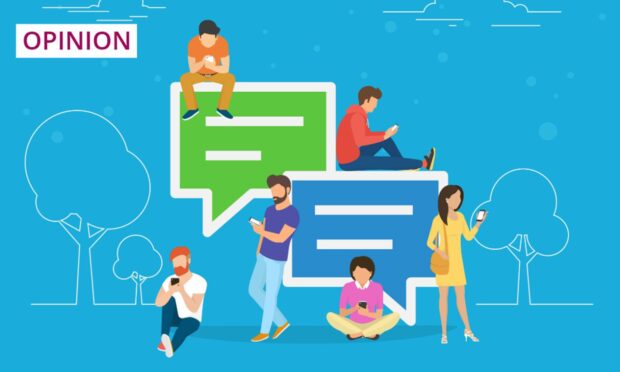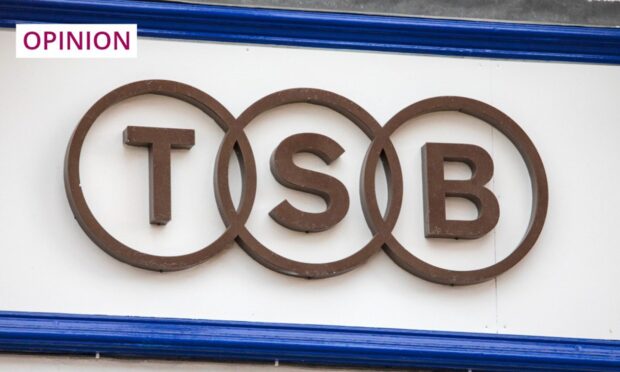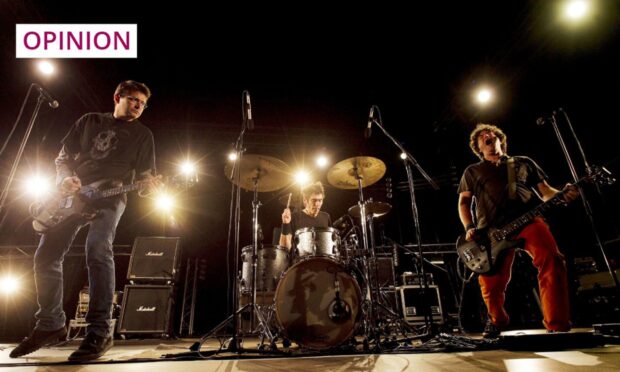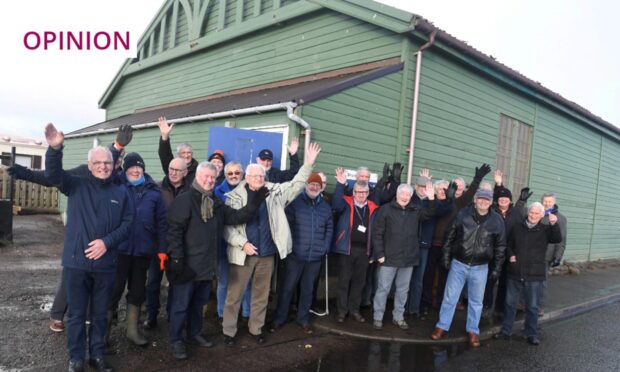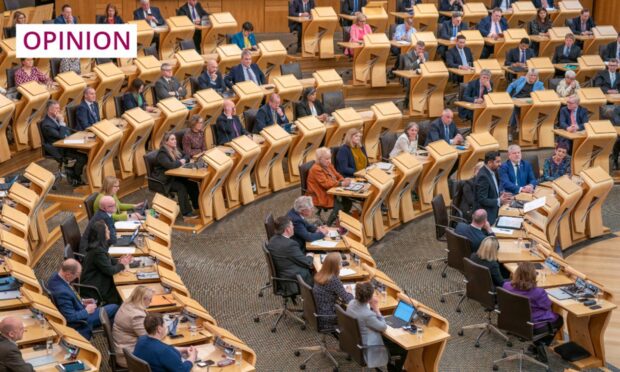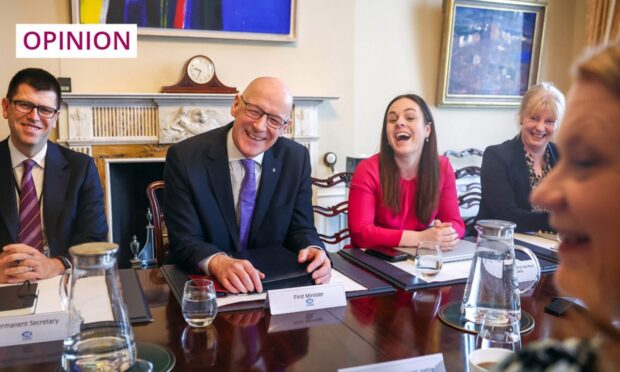I am fortunate to be part of a generation which has never experienced a world war.
We benefitted from democratically elected governments which support the principles of human rights, the rule of law, the right to work and a safe space to live. The Western world signed up to this following the ending of the carnage of World War Two.
The North Atlantic Treaty Organisation (Nato) was created as a defensive organisation, to protect the Western world from authoritarian governments which caused both WWI and WWII.
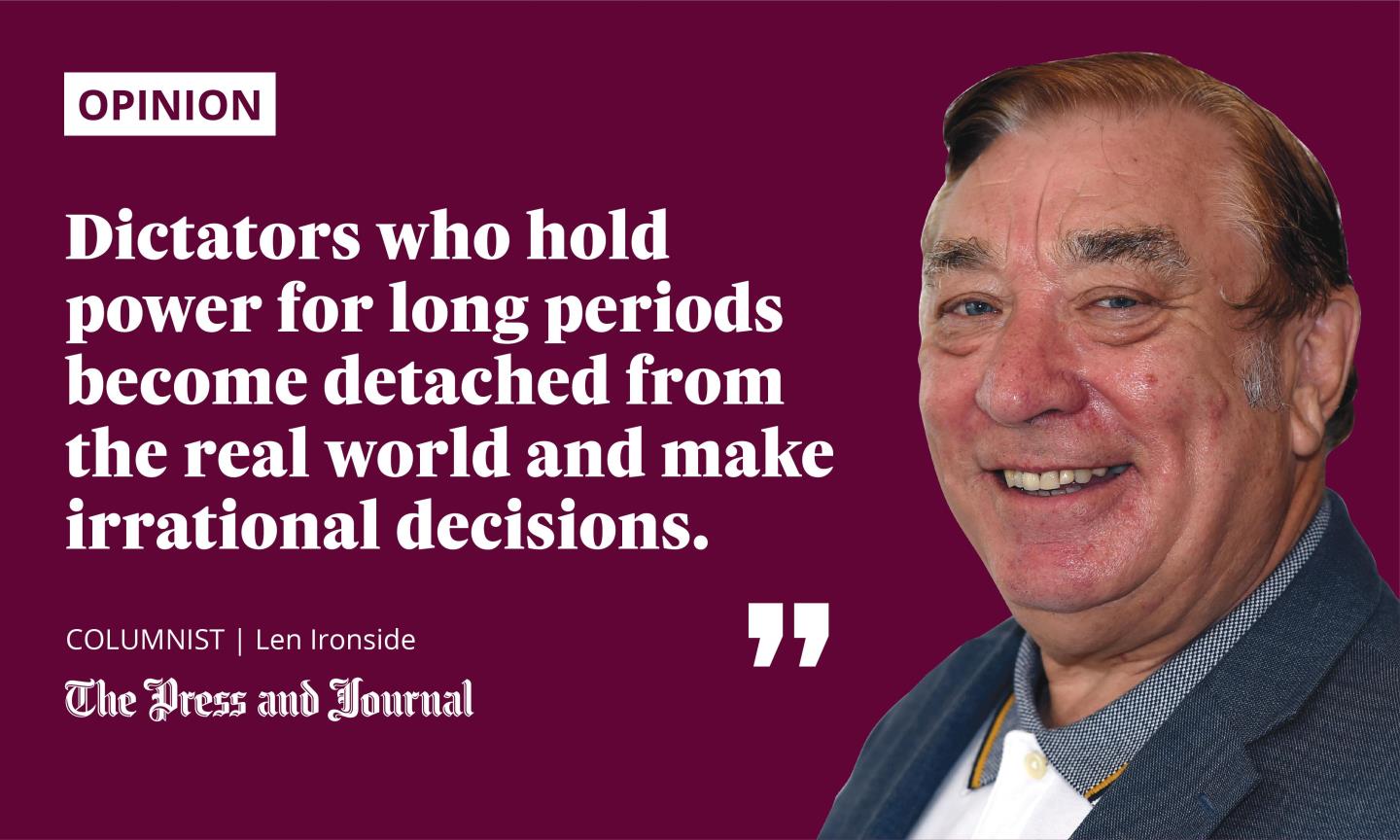
The political emphasis has always been based on economics. London’s financial sector has acted as a magnet for foreign investment, hence why Russian money has bought up land, houses, buildings and even businesses in the UK.
Following several hard-line Russian rulers, in 1989 Mikhail Gorbachev became a leading influence in the country. He recognised the values of the West and implemented “glasnost” – an opening up and widening of ideas between East and West.
This allowed various states within the USSR to control their own affairs under elected parliaments. The Cold War eased and the Iron Curtain was lifted. Germany was reunited and the world felt like a much safer place.
In 1990, Gorbachev received the Nobel Peace Prize for improving East-West relations. In 1993 the Freedom of the City of Aberdeen was conferred on him by Lord Provost James Wyness at the Music Hall.
Belarus, the most powerful state in USSR, became Russia’s closest ally. Aberdeen City twinned with Gomel in Belarus.
Vladimir Putin resents the values of the Western world and has chosen to spend his time challenging it with military might
The Ukrainians who used to entertain us at the Aberdeen International Youth Festival with their traditional costumes and lovely dancing, were proud that their political leaders, had given up their nuclear weapons.
Putin chose his moment carefully
So much has changed since the heady days of glasnost.
Over the past 22 years, the current Russian president, Vladimir Putin, has resented the values of the Western world and has chosen to spend his time challenging it with military might.
Since his incursion into Georgia in 2008 and Crimea in 2014, Putin has built up his martial forces and moved Russian money and gold back into Russia.
He is accused of sending death squads onto British soil to kill and authorising the shooting down of the MH17 plane over Ukraine. The world watched as a journalist and his partner who had spoken out against the Belarusian dictatorship were removed from a plane, rumoured to have been hijacked by Putin’s ally, the Belarusian leader Alexander Lukashenko. The West did nothing.
Now, as Putin looks around and sees weak or poor leaders in Germany, the UK and the US, as well as election looming over France, he feels the ideal moment has arrived.
The sending-in of Russian troops to Ukraine will have a far-reaching and devastating effect on the rest of the world. Putin’s ambition to create a new Iron Curtain will eventually cause the current situation to spread, and will affect us.
Both Russia and China are looking for a new world order, to limit the power of Nato. The Western world is looking to protect the values which it has enjoyed for the past 70 years.
People suffer, not politicians
Europe and the UK acted swiftly, along with the US, to impose serious financial sanctions on Russia. These will bite hard and cause alarm. Unfortunately, they will have an effect on our people, too, but to a lesser extent.
Those who rule by fear and terror eventually end up trusting no one
Western countries with borders into Russia and Belarus have an increased presence of Nato forces. Whether it will halt the atrocities being carried out in Ukraine – where hospitals, schools and civilians are being targeted with cluster bombs, internationally recognised as a war crime – remains to be seen.
Hopefully the brave Russians in the 50 cities which have protested against the war will be heard. Though, given the way Russian authorities have treated them, it’s unlikely.
Those who rule by fear and terror eventually end up trusting no one. Dictators who hold power for long periods become detached from the real world and make irrational decisions.
We all know that, should full scale war break out, it’s not the politicians in power who will suffer – it’s the people of those countries. The young folk whose lives will be lost as they are sent into frontline battle, and the children who will grow up terrorised.
All wars do end in negotiated settlements, so let’s hope we do not suffer unnecessary bloodshed, but seek workable solutions.
When will the people of the world realise the foolishness of killing and learn to live together in peace?
Len Ironside is a former champion wrestler who served as an Aberdeen councillor for 35 years, with four years as council leader
